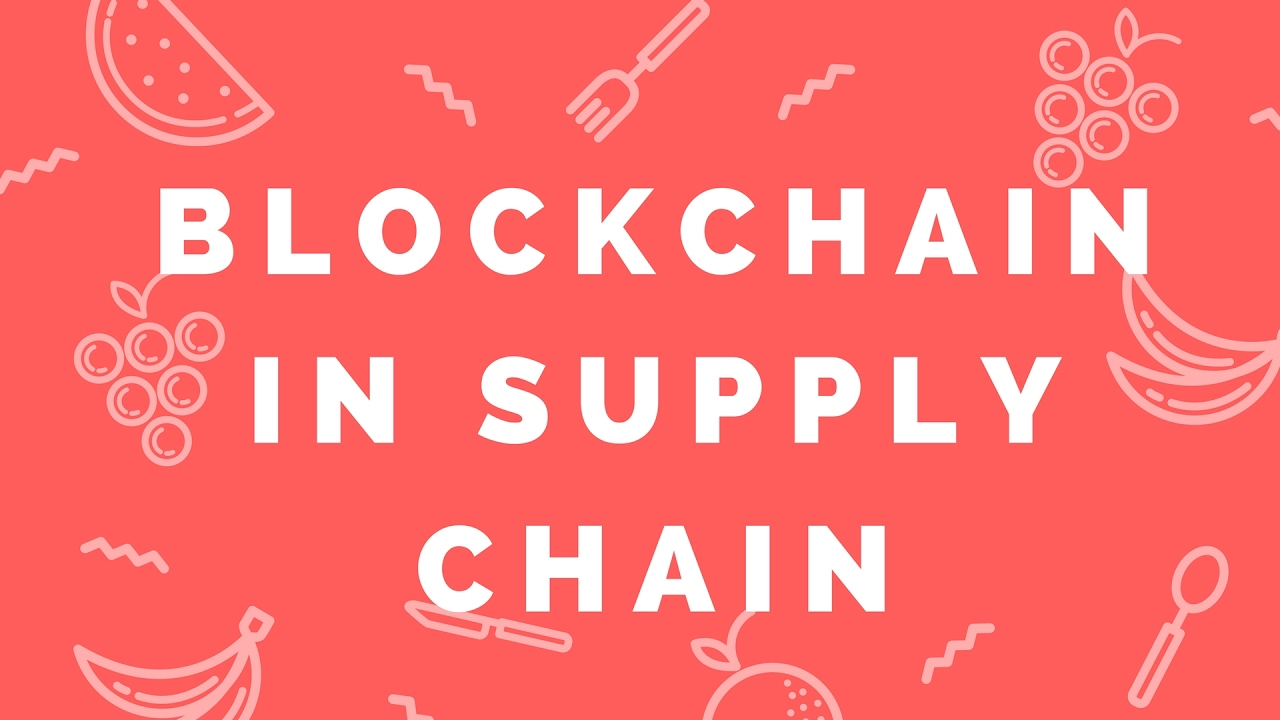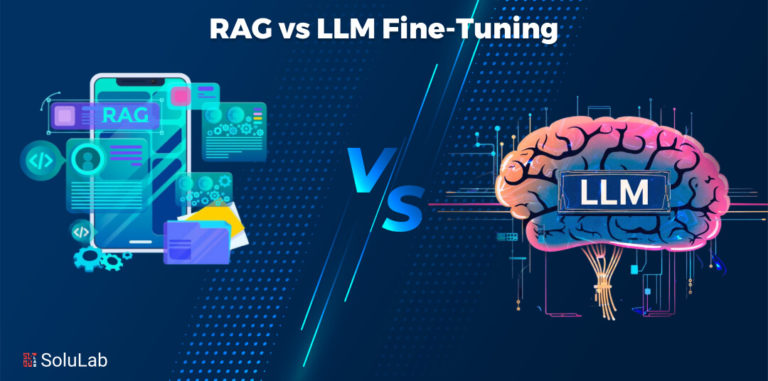Blockchain solutions in logistics is a boon to the supply chain sector. Blockchain is a digital ledger platform that stores data in the online platform and operates on a decentralized network. Decentralized network is different from a centralized network as it does not have any central authority watching over every transaction. Since there is no central authority there is no extra charge levied on the user for using the services of the platform too. Blockchain solutions in logistics are huge as the features of the digital platform opens the door of opportunities to meet all demands and supply in the market.

Logistics help all business entities to provide value to the customer or user by providing service or product delivery at the right time and place. Logistics make sure that the service of product is available to meet the customer or user’s requirement.
Supply chain makes sure that the network structure of the company is strong enough to handle all obstacles and still deliver an outcome with perfect quality. Supply chain also helps in providing a service or helping in an operation take place with better performance. A blockchain development company allows the developer and user to have a better perspective on using the decentralized network to its maximum potential. Through this the outcomes, customers and users are satisfied more than expected.
This article will help you to understand the benefits and challenges faced by logistics and supply chain sectors due to blockchain.
Arguments in favour of Blockchain Technology in Logistics and Supply Chain
Today many companies like logistics and supply chain are moving towards digital technology and are adopting blockchain into their existing systems. Some of the famous companies that use blockchain in logistics and supply chain are Maersk, British Airways, FedEx, etc. They see the potential of blockchain that will provide opportunities to their business in the future.
Reduced documentation
All process and operations that take in logistics and supply chain are never ending and vast in quantity. There is plenty of data and transactions that are stored every minute and every day in these sectors in the form paper documents. These data and transactions include all products in and out of inventory; financial transactions or any transaction for the fact of business operation. When all these are stored in the form of paper, the quantity of storage increases which requires additional maintenance. This might incur additional costs more than planned.
With blockchain all these information and data are stored digitally and they can be accessed anywhere, anytime. Finding any data or detail required on some transaction is faster than the time taken to find among paper documentation. This reduces any downtime in the operation or time loss due to any verification process. With blockchain all those authentication process can take place faster. This helps all business in these sectors to process and operate quicker.
Meeting demand and supply efficiently
Blockchain provides business in logistics and supply chain the ability to quickly get access to different suppliers and logistics providers. This helps business to avoid loss of time or wait time to find an outsourced third party to handle operations. There is no central authority either and thus that allows the peers to have an unrestricted access to data available, providing transparency among all.
For instance, let us take the following example. If there is a high demand in a particular location but it is remote and the location of the company is far away, in such cases blockchain can help in better ways. In such situations, blockchain due to it unrestricted network, users and providers can connect with each other without any border limitation. This allows to hire any local logistical support and supply services or products to the remote areas effectively.
Creates an environment of innovation
With the limitless and unrestricted access to data and transaction by blockchain, the ability to create a new idea has more chances. The ability to partner with different companies or suppliers to better operate is also possible. This creates an environment to share ideas which would build an innovative environment in turn.
Affirmative side of the topic: Challenges faced logistics and supply chain sector in relation with blockchain
Building rapport and trust
There are many multiple operations taking places simultaneously in all companies, especially the multinational companies. They all focus and fear for any security breach or vulnerability that may arise. They prioritize safety of all data and transaction the most of all. In these sectors, trust also means that all parties involved will deliver the same quality of service or product. This is uncontrollable as each business party undergo and face different circumstances. And, it is up to them how well they use the blockchain platform.
Other important challenge is making users and other peers to trust that digital ledger platform is safe. This is because almost everyone has the idea that when things are stored over online platforms, their data might be stolen or misused. This might not be original scenario but still it affects the performance to an extent.
Setting up a legal system and the costs involved in setting up
When companies integrate blockchain into their existing system, lots of existing rules and regulations might have to be changed. This is because what already exists may not support the modern digital ledger platform. Or, even if it supports, it may not be able to achieve its full potential. Hence, the whole system of handling operations might have to changed which requires a lot of development, testing, maintenance and set up costs.
Conclusion from the arguments made
Blockchain has benefits and challenges of its own due to the open access it provides to all of its features. This paves a path towards many opportunities as discussed above and even more. The million-dollar question is how far your company is willing to go to change the threats or weakness to strength and opportunities. Focus on the benefits and breakdown challenges to become stronger and more experienced in using the digital ledger platform. Good luck on your endeavors.




